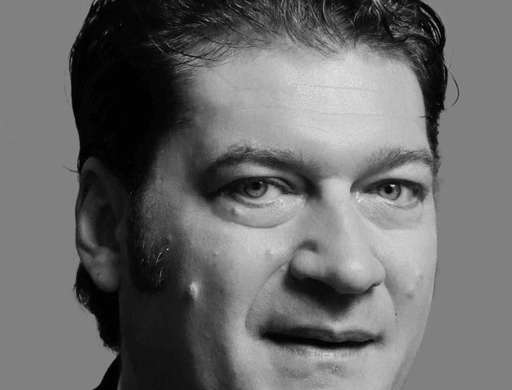Supporting Talents as an Inclusive Educational Space from Early Schooling to Graduation
Supporting gifted and talented learners should not be seen as a privilege for a selected few, but as an essential part of creating an inclusive and responsive education system. From the very first day of school to the final moments of formal education, it is crucial that talented students are recognized, encouraged, and nurtured within an environment that embraces diversity, celebrates potential, and adapts to individual needs. Such an approach ensures that every learner, regardless of background, has the opportunity to flourish.
Inclusive education means recognizing that talent takes many forms and may appear in various contexts—academic, artistic, technical, emotional, or athletic. True inclusivity requires us to move beyond standardized teaching methods and instead embrace differentiated instruction, flexible learning pathways, and meaningful teacher-student relationships. When educators are trained to identify and support talents early on, schools become spaces where all learners, including those with exceptional abilities, feel seen, heard, and supported.
Building an inclusive educational journey for talented students involves early detection and long-term engagement. This means not only identifying students who display advanced capabilities in specific areas, but also those whose potential might be hidden due to socioeconomic, cultural, or linguistic barriers. Inclusive talent support involves equity – giving each student what they need to succeed – rather than equality in the form of uniform resources or treatment.
Teachers play a central role in creating these inclusive spaces. When they are equipped with the tools, knowledge, and mindset to work with talented students, they become mentors who inspire confidence, curiosity, and creativity. Training programs for educators and coaches, especially in STEM and arts education, are vital to strengthening this capacity. They enable professionals to create personalized learning experiences, set high yet realistic expectations, and foster a culture of growth and resilience.
Parental involvement and peer collaboration are also crucial. Parents often serve as the first to recognize talent in their children, and their role in providing encouragement, resources, and emotional support cannot be underestimated. At the same time, peer environments that encourage diversity and mutual respect help talented students to grow socially and emotionally alongside their academic progress.
An inclusive approach to talent development supports lifelong learning and contributes to building knowledge-based, innovative societies. It prevents the marginalization of high-ability students who may otherwise become disengaged or misunderstood. Furthermore, it sends a powerful message: excellence is not elitism, but a shared goal that benefits everyone when nurtured within a supportive community.
Ultimately, supporting talents from early schooling to graduation is about more than academic success—it is about human potential. It is about creating a learning environment where all children, regardless of their starting point, can reach their full height. By embedding talent development into inclusive educational practices, we are investing not only in individuals but in a future where diversity of ability is valued, inclusion is a norm, and every learner has a chance to shine.
Prof. dr. Dino Mujkic
Dr. Dino Mujkić is a Full Professor at the Faculty of Sport and Physical Education, University of Sarajevo, teaching in the Department of Sport Management. His courses include Strategies in Sport, Management Styles, Mission and Values in Sport, Sport and Recreation Management, Globalisation, and Human Resource Management. As a former Vice-Dean for International Relations, he actively supports international cooperation and academic development.
With over 29 years of experience, Dr. Mujkić has managed more than 120 projects, securing over €30 million from the EU, ADA, DANIDA, Erasmus+, and others. His expertise includes project management, evaluation, policy development, and institutional capacity building in higher education, sport, inclusion, and cultural tourism. He has served as an external expert for education reforms in Bosnia and Herzegovina, Armenia, Moldova, and Kosovo.
He is the founder and President of Sarajevo Meeting of Cultures, and former Regional Manager and Board Member of WUS Austria, with a strong professional network across SEE, EE, and the EU.
https://www.researchgate.net/profile/Dino-Mujkic-2?ev=hdr_xprf


